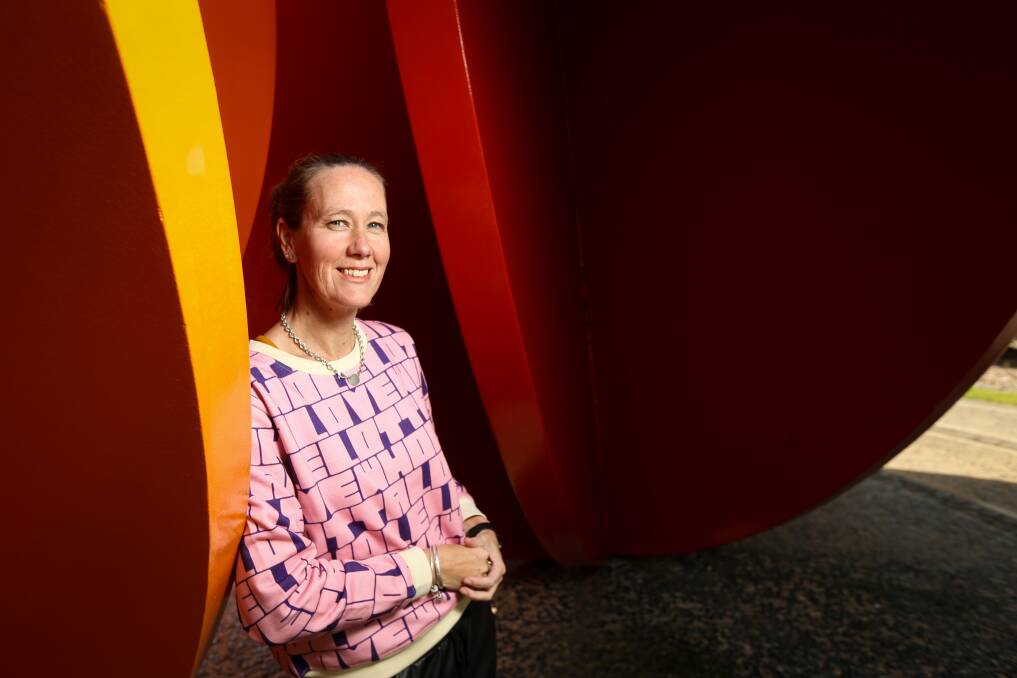
After only four months of synergy in COVID-19 restrictions, Albury-Wodonga businesses are once again divided.
Subscribe now for unlimited access.
or signup to continue reading
And despite regional Victorians emerging from lockdown, the NSW government is restricting their movements in the state.
NSW Cross-border Commissioner James McTavish expects NSW Health to review that by June 10.
"If there is a substantial change in restrictions in Victoria though, that may be reviewed, and it's pleasing to see that those numbers in Victoria continue to track the right way," he said.
"For people that are wishing to come into NSW (from Victoria) they can do it four purposes; to obtain goods and services, for medical care, to exercise outside and to attend work or school.
"The only thing that is different between the rest of regional Victoria and the border region is that border region residents do not need to fill in a declaration.
"So if you're playing footy or netball, you can participate in that sport, but you then must go back to Victoria."
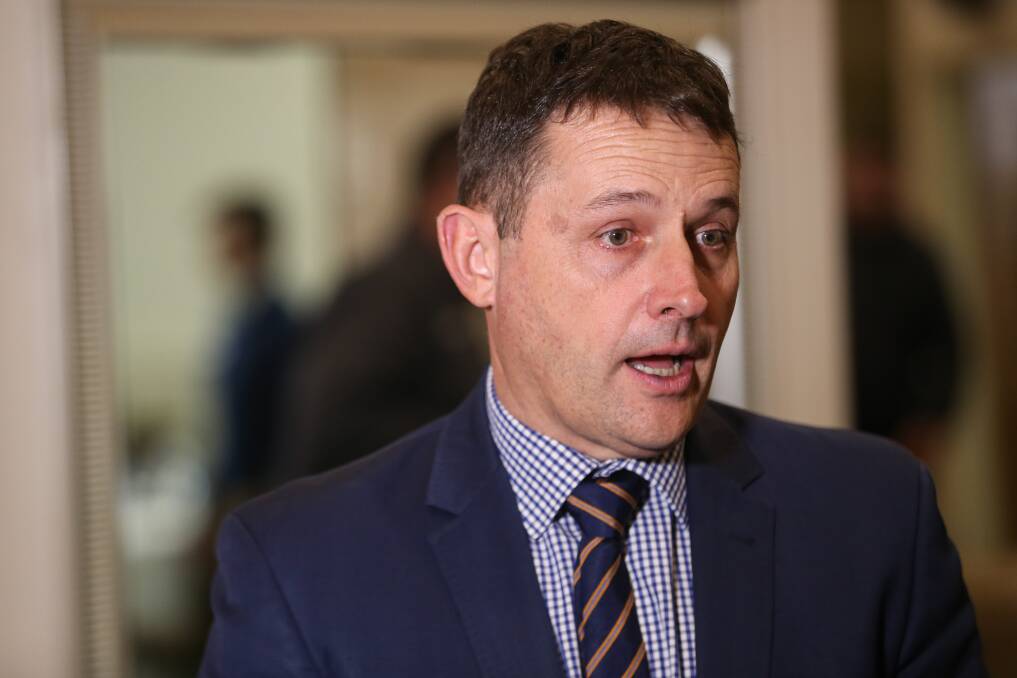
Mr McTavish believed the directions put in place for this outbreak recognised the needs of border communities better than those imposed in 2020.
"What we've actually seen with with the last week is people have been able to get to work," he said.
"They've been able to get the essential goods and services they need.
"We do know, however, that there's substantial impact, particularly in the hospitality and tourism sectors.
"We know there's been a substantial numbers of cancellations in the last few days in particular, and we're working to support those impacted businesses now.
"We're hoping that the conditions ease in Victoria quickly - we know that for tourism businesses they are looking to get larger numbers of people back in over school holidays."
Regional Victoria has not returned to COVIDSafe settings; despite there being no cases, only 10 people are allowed at weddings and 50 at funerals.
Hospitality has a 50-person limit and gyms aren't able to use their facilities yet.
Tourism and accommodation providers on either side are already counting the costs of Melburnians being unable to travel for the Queen's Birthday long weekend.
Tracey Basham, who runs Enhance Styling and Events, said her heart went out to those venues affected.
"It's hard living on the border, one side gets affected and the other side doesn't," she said.
"I definitely feel for businesses.
"It's a catch-22 - I'd rather there be steps to get back (to full reopening) if there has to be, because I don't want to go back to the worst-case scenario."
The wedding industry hasn't recovered from that "worst-case scenario" last year, which prompted Ms Basham to create a new branch of her business purely for elopements and small weddings.
"I've seen a shift since last year ... overall the numbers are smaller for weddings, as people are thinking about what might happen," she said.
"I've got brides who are up to their third date and multiple postponements who haven't set a new date."
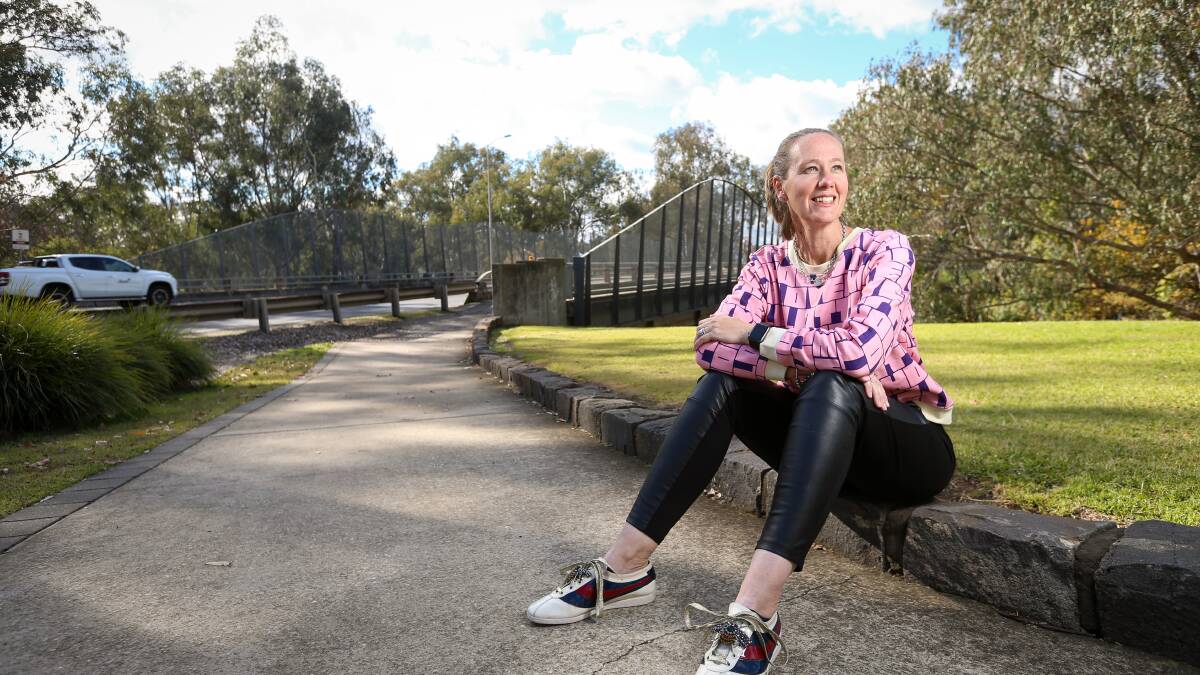
Ms Basham said the divide between Albury and Wodonga this week was again significant.
"It's absolutely sad, it really is, and it keeps happening unfortunately," she said.
"I'm glad they have lifted restrictions on regional areas."
While restrictions are easing, regional Victorian businesses are now being required to check the IDs of patrons to ensure they are not travelling from Melbourne and have also adapted to new QR code rules with takeaway hospitality transactions and supermarkets now also covered by mandatory use.
Australian Retailers Association chief executive Paul Zahra told The Border Mail stronger education campaigns were needed.
"We respect the need to improve contact tracing efforts with the introduction of mandatory QR codes at this time, and retailers are responding well to this request," he said.
"What we are concerned about is the safety and well-being of our frontline staff.
"Stepping up these provisions has already increased customer aggression.
"First and foremost - we need all customers to do the right thing and check-in to the businesses they visit with a minimum of fuss.
"It's important that Victorians understand manual store registration is not an option.
"For customers who don't have a smart phone, Service Victoria has an electronic kiosk function where stores can register people's details."
Mr Zahra said retail workers were "not in a position to undertake health enforcement".
"In regional areas, we are deeply concerned about the onus being on retailers to ask customers, or check IDs to make sure people haven't travelled from metropolitan Melbourne," he said.
At Paulie's Corner Cafe in Wangaratta, owner Paul Szeligiewicz is bringing a positive outlook to the new rules.
"We went through and followed the state guidelines set out by DHHS to set up our own service protocol," he said.
"When people arrive, they've got to check in before they come through the door, and we need to check licences.
"I definitely won't stand for it (any customer anger), we're just doing what we're told and it's not the restaurant or small business' fault.
"We're all in it together."
Mr Szeligiewicz was able to stay open for takeaway over the seven-day lockdown and said he felt for those businesses that will miss out on long weekend trade.
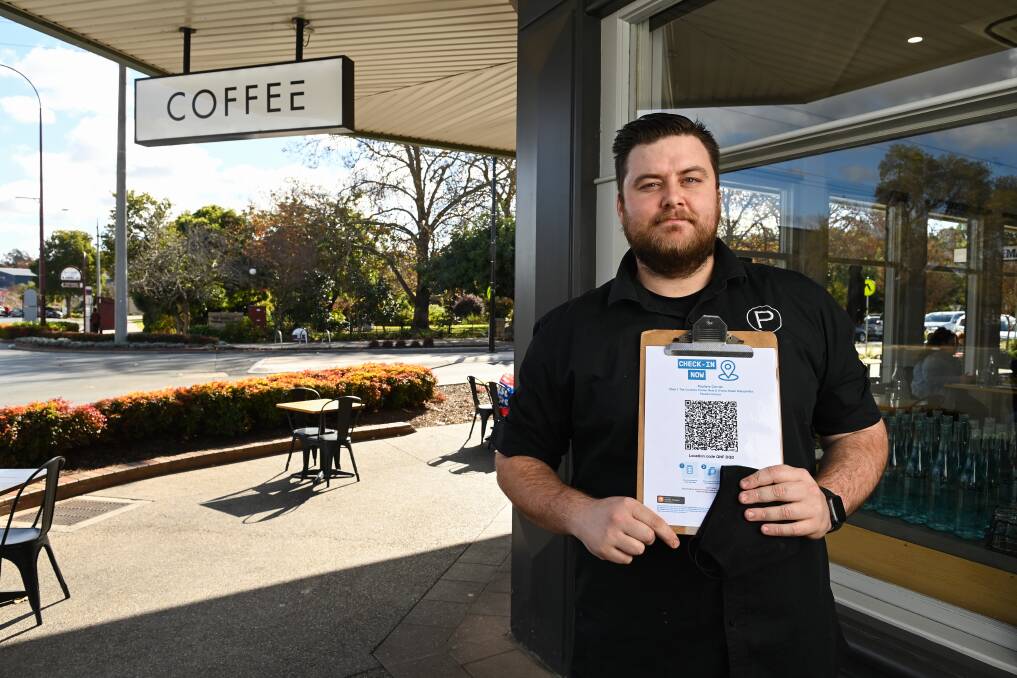
"It will impact a lot of accommodation and I feel for them, that they won't be able to get people through the door," he said.
"It's difficult on small business owners and the community as a whole.
"Everybody is supporting each other, which we're really thankful for."
Regional Victorians won't be able to access a new $500 temporary disaster payment due to their lockdown being only seven days and Assistant Minister to the Prime Minister, Ben Morton, said in Albury yesterday "the line has to be drawn" for support.
"I think it is absolutely reasonable that that support, where necessary, be restricted to those areas that require it," he said.
"Now, I know that there are businesses and individuals that have been impacted outside of Greater Melbourne, but that is where the lockdown is continuing and that's where the support, I think, has the greatest need."
While cross-border pandemic discrepancies continue, progress is being made on other border double-ups.
Automatic mutual recognition (AMR) of licensing, which comes into effect on July 1 if it passes the NSW Parliament, should make life easier for licensed workers, including plumbers, electricians and real estate agents.
"What it means is that people with occupational licences like tradies won't have to get registered on both sides of the border, they'll be able to cross the border and do their work if they're registered on one side," Mr Morton said.
"When the reform does come into place, we will have an advertising campaign to ensure that local people know."
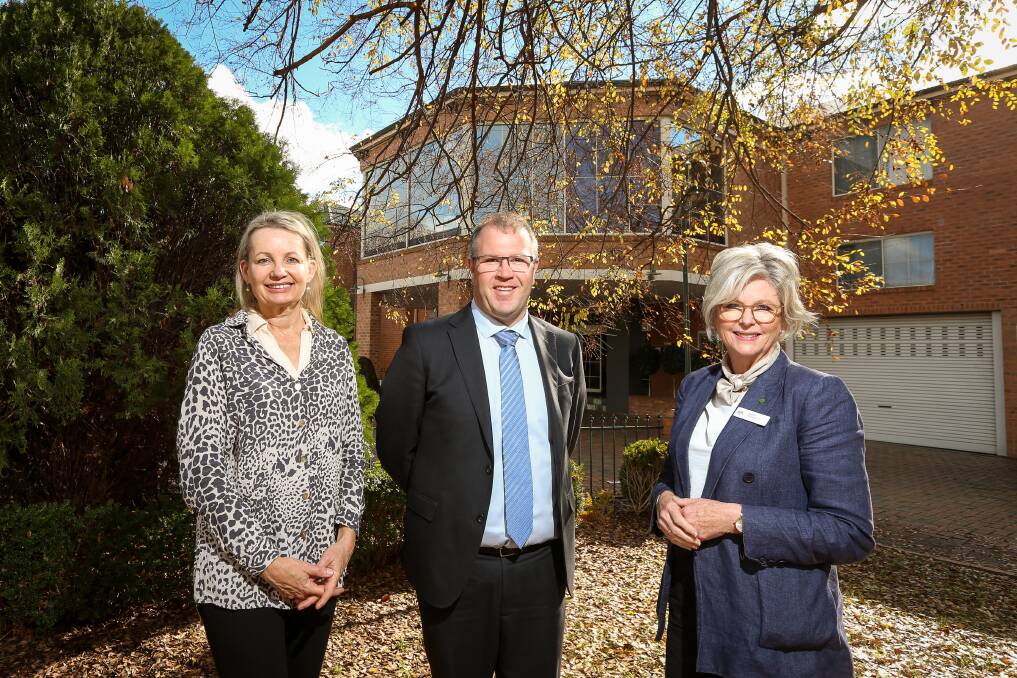
"This will cover all occupational licences - there are discussions that some occupations are not ready just yet, so state Ministers will be able to exempt some for up to five years.
"There's some talk in relation to exempting teachers for a period of time; there's a debate occurring about about that, and for sparkies as well.
"Currently, if you're a sparkie in Wodonga, you can come and work without getting a NSW licence in Albury, but if you're a sparkie in Albury you can't go to Wodonga without getting a Victorian licence - this is the rubbish we're trying to fix.
"I would hope for the greatest possible coverage."
Farrer MP Sussan Ley said it would also make a difference for health.
"if you're a registrar and you want to practise in New South Wales and you come out of the Victorian system, at the moment, it's very difficult," she said.
"So, in almost every area of services, jobs, and how our regional economies run, this is going to make a difference."
Indi MP Helen Haines said she was glad Mr Morton had accepted her invitation to hear from local businesses after working on the AMR legislation.
"One thing that stands out straight away is talking to Dyson's Buslines, they have two filing cabinets, one for Victorian regulation and one for NSW regulation - you can imagine the cost and the time burden to maintain those kinds of records," she said.
"We heard about TAFE students who are living on one side of the border and can't access the training they need on the other side.
"I think this AMR legislation change is the first step, and we need to see much, much more change."
IN OTHER NEWS:
Both federal representatives said the lockdown was impacting business.
Dr Haines said Victoria had to stop applying "broad-brush approaches to the whole state".
"Firstly, I'm happy that Victoria has a universal QR code now, because that was really problematic," she said.
"In terms of checking licences, I have heard from some business people that they're worried that they'll get push-back.
"When you are coming into our businesses, when you're going to the doctor's surgery to try and enquire about an appointment for a vaccination, please think about the person who's having to implement regulations, it's a tough job for them, be patient, be kind and be reasonable."


